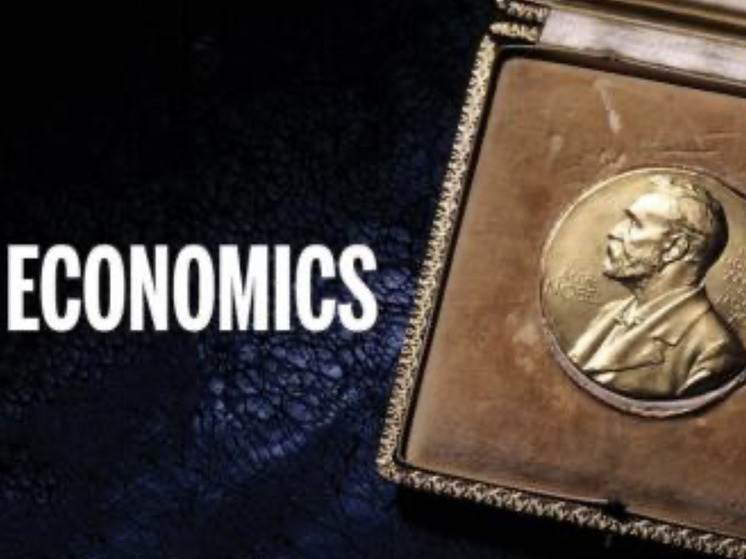“The prize will be given to scientists whose work is already making our world a better place.”
The Nobel Prize in Economics is traditionally awarded to the last person — already, as it were, outside the framework of the Nobel week. This year's recipients will be announced on Monday, October 9th. So far, there are no clear favorites in the Nobel race: there are many worthy scientists, and what matters is which “branch” of economic science the organizing committee will pay attention to. Meanwhile, the economic community is very fond of making forecasts and betting on future winners. Moreover, the specifics of the award give interested parties an extra weekend for this.

As is known, Alfred Nobel himself did not establish any economic bonuses. It was founded in 1968 by the State Bank of Sweden in honor of its 300th anniversary. Since then, the bank has provided the monetary portion of the prize (equivalent to all other Nobels), which is awarded by the Royal Swedish Academy of Sciences. And it is officially called the “In Memory of Alfred Nobel” Prize. But all this does not at all detract from its maximum weight and authority in the world of economic science. We found out who has the greatest chance of becoming a laureate this year from a specialist — Doctor of Economics, Acting Head of the Department of Political Economy, Faculty of Economics, Moscow State University, Alexander Maltsev.
— Making predictions about which economist will receive the Sveriges Riksbank Prize in Economic Sciences in Memory of Alfred Nobel is not a very rewarding task. It is extremely difficult to choose one or even several specialists from a galaxy of brilliant scientists, the scientist said.
— Scientometric statistics, which measure the citation indices of scientists, can give a certain clue here. For example, you can rely on the forecasts of such a reputable organization as Clarivate, owner of the Web of Science platform. In particular, her list of this year's favorites includes such remarkable scientists as Raj Chetty, Thomas Piketty and his co-authors, and Edward Glaser. I would be very happy if any of these scientists received the Nobel Prize, since their research is an excellent example of modern empirical economics. This is important because one can still come across the opinion that economists have their head in theoretical clouds, and their conclusions are completely inapplicable to reality.
— Fully. For example, the research of Professor Glaser from Harvard University allows us to better understand ways to solve the socio-economic problems of urban economies. Thomas Piketty of the Paris School of Economics and his co-authors have made a name for themselves in large part by creating statistical databases that are unique in their historical depth, making it possible to better understand problems of inequality. Recent research by Harvard's Raj Chetty has shown how big data can be used to more accurately analyze the impact of the COVID-19 pandemic.
— Yes, few people manage to completely get rid of personal sympathies. In this regard, as a person interested in history, I would of course like to see this year’s Nobel Prize go to Robert Fogel and Gary Becker’s student Claudia Goldin of Harvard. She was one of the first to draw attention to the role of the female labor force in the long-term development of the economy. Separately, we can note her excellent work, written together with her husband Lawrence Katz, dedicated to the peculiar competition between education and technology. By the way, another authoritative economist, Professor of the Massachusetts Institute of Technology Daron Acemoglu, who, in my opinion, also deserved the Nobel Prize long ago, also writes a lot about the impact of technology and automation on our lives.
— We can talk about the scientific achievements of this economist for a very long time. For me personally, perhaps one of the main features of Professor Acemoglu’s research style is the amazing breadth of scientific coverage and the complete absence of fear of “big” topics. For example, Acemoglu and his co-authors, in a series of their publications, essentially proposed a new look at the development of world history. Many other aspects affecting long-term socio-economic development, such as, say, politics and the same technologies, did not escape Acemoglu’s careful gaze.
— I can say one thing: no matter what The decision was not made by the Nobel Committee, I have no doubt that the prize in economics will go to honored scientists — those whose research can and is already making our world a better place.


